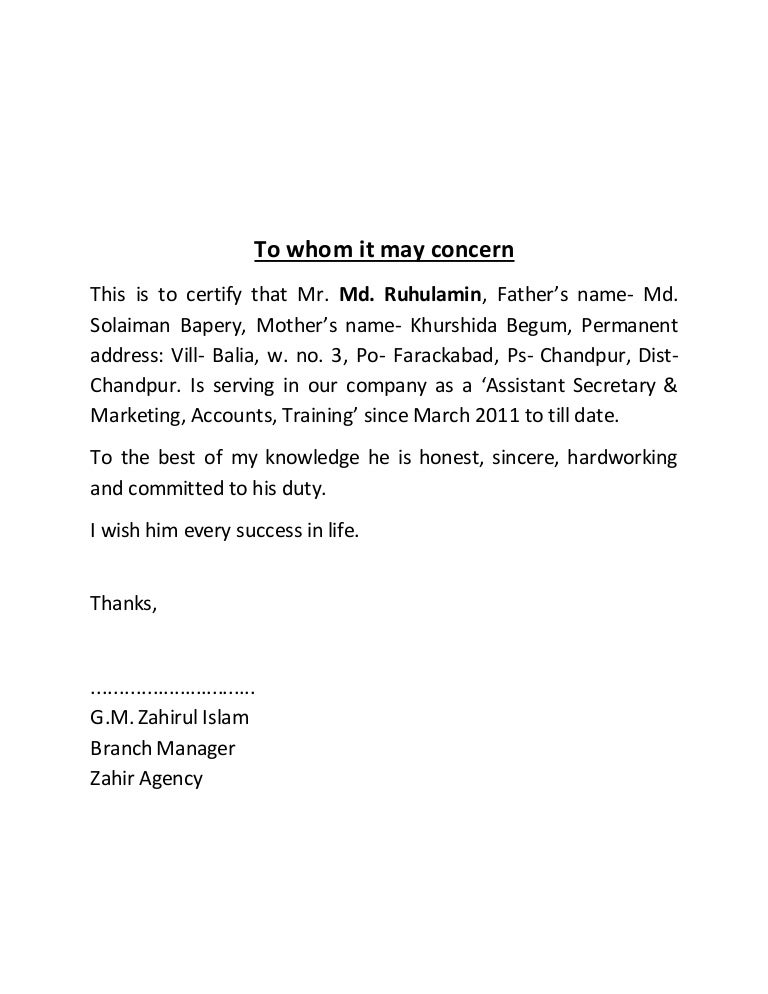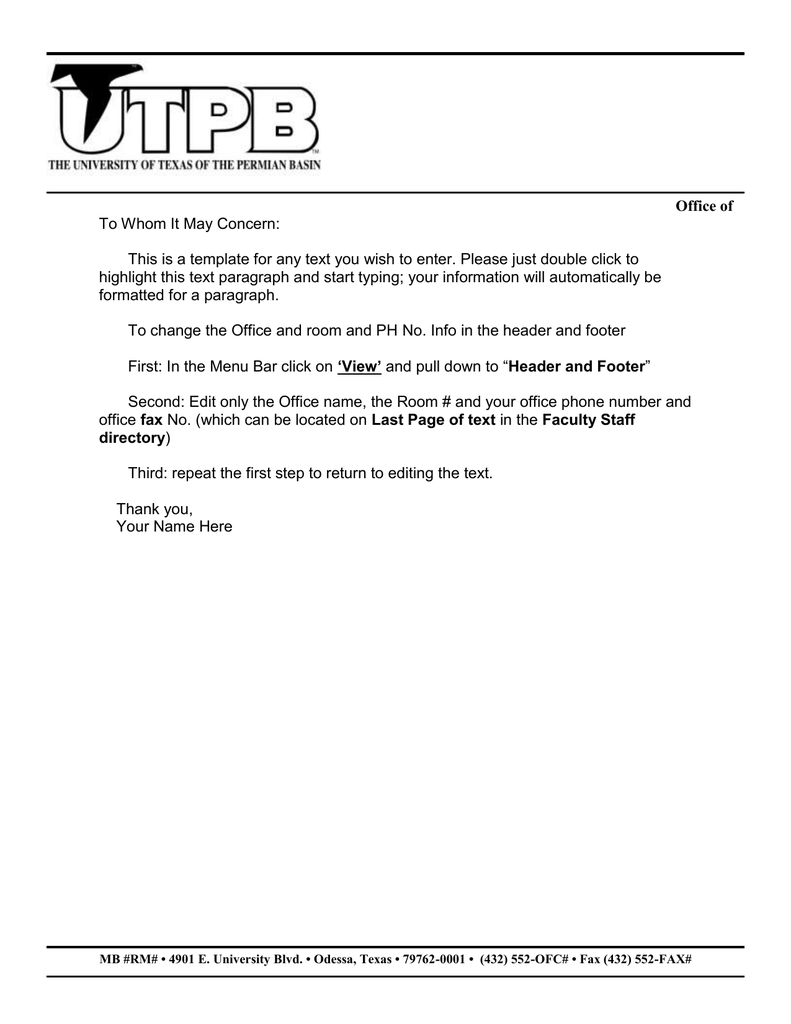

Want to improve your English in five minutes a day? Get a subscription and start receiving our writing tips and exercises daily! Keep learning! Browse the Business Writing category, check our popular posts, or choose a related post below: ‘Dear Sir’ and Other Business Conventions What I find “simply plain creepy” is the notion that the salutation Dear can be construed as “intimate” or “effeminate” in the context of a business letter.Īs the professor says in The Lion, the Witch, and the Wardrobe, “Bless me, what do they teach them at these schools!” Smith” are emotion-neutral writing conventions. “Hi, So-and-So” is not a suitable way to address an unknown recipient from whom you want something. For this kind of writing, a formal salutation is out of place.īut even with email, a distinction is to be drawn between informal and formal communication. Because of its memo format and ease of sending, email has developed relaxed conventions for informal exchanges between friends and colleagues. Just as bizarre as saying that one rarely begins a letter to a friend with Dear is the idea that using Dear to address a business acquaintance is a source of stress in grown men.Ĭertainly, email has changed the way people communicate in writing.

Every one of those letters began with “Dear So-and-So.” Mind you, they were also written by hand with a fountain pen.Įven now, on the few occasions that I write a letter to a friend with the intention of putting it in an envelope and mailing it, I still begin with “Dear.” It’s a convention. I was surprised to learn that “rarely would anyone use dear when writing a friend.” When I lived in England, I wrote a lot of letters: to my parents, my brother, grandmothers, my aunts, and friends. Several men admitted they couldn’t force themselves to use Dear to address a business acquaintance, especially one they didn’t like.ĭear comes across as too formal–or simply plain creepy and overly intimate. And between men, the use of it can appear a bit too effeminate. Rarely would anyone use dear when writing a friend, but it might be appropriate when applying for a job or emailing a boss.

I was amazed to find comments like these: I’ve recently stumbled across numerous articles with titles like “Is ‘Dear’ Dead as a Salutation?” Who, I wondered, would interpret an established convention like “Dear Sir” literally? Several years ago, when a reader said he refused to use “Dear So-and-So” to begin a business letter because dear is too intimate a word to use with a stranger, I assumed that he represented a minority of one.


 0 kommentar(er)
0 kommentar(er)
